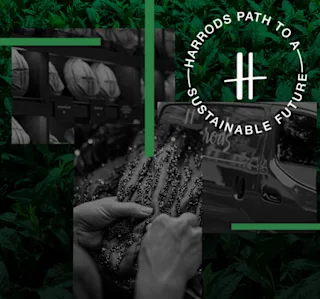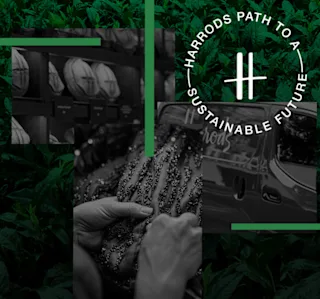The Five Domains
These are the minimum principles of which animal welfare and wellbeing should be based upon. These are split into the five physical or functional domains that are concerned with biological function, physical and mental wellbeing.
Nutrition
To ensure every animal is given access to enough food and water to maintain a varied and balanced diet, in the correct quantities.
Environment
To allow every animal access to space, free movement and fresh air, and preventing any environmental stressors.
Physical Health
To prevent every animal from disease, injury, or functional impairment. In turn, this will lead to appropriate body condition and good fitness levels.
Behaviour
Allowing every animal access to express their natural behaviours through environmental enrichment and free movement, and to ensure animals are well rested.
Mental State
This considers the animals state or psychological wellbeing. This affective state represents the animals overall subjective feelings and experience, either positive or negative.







